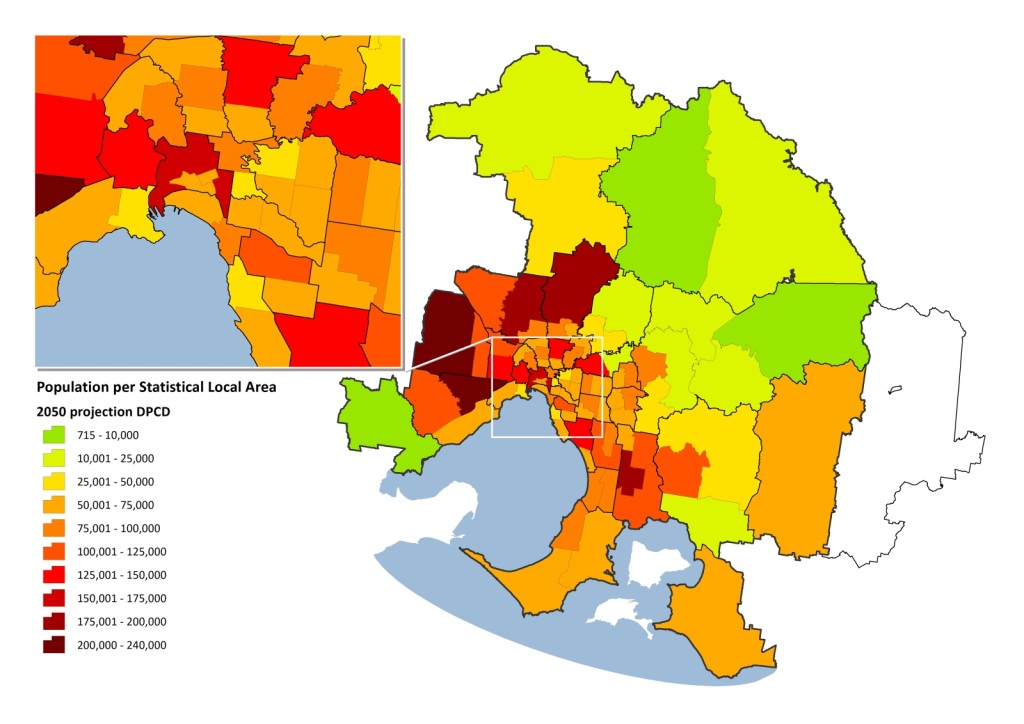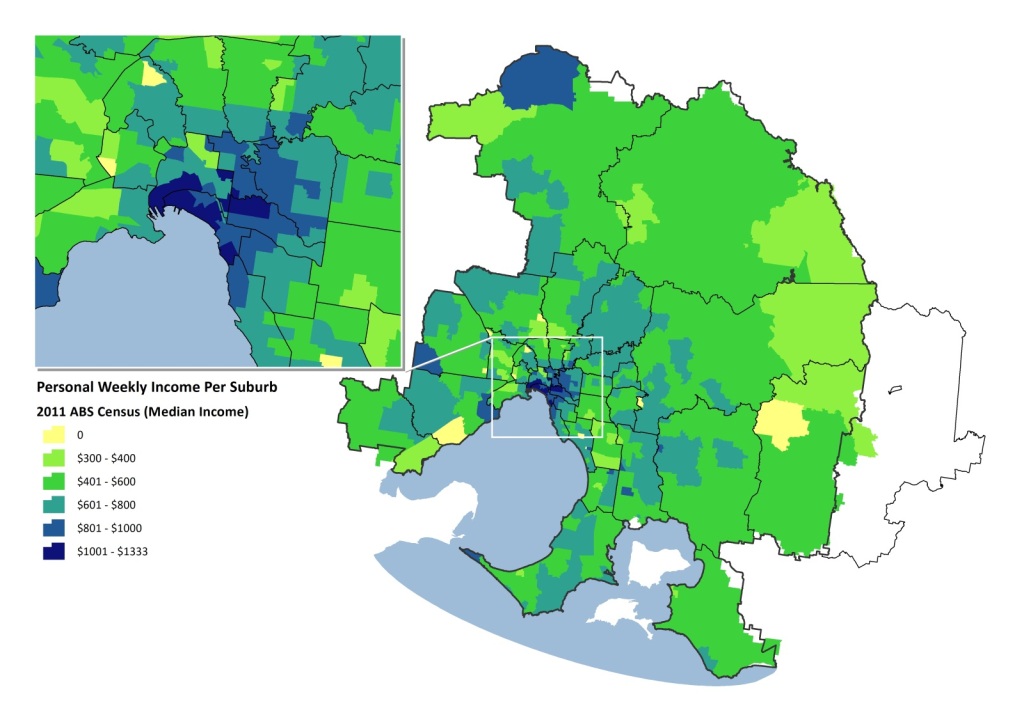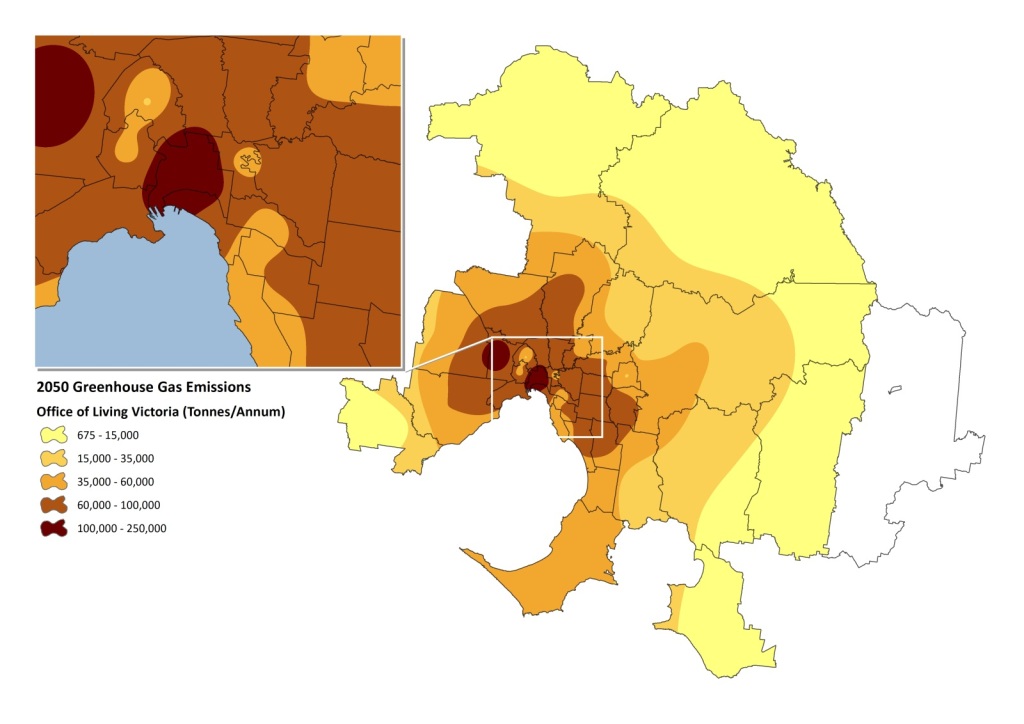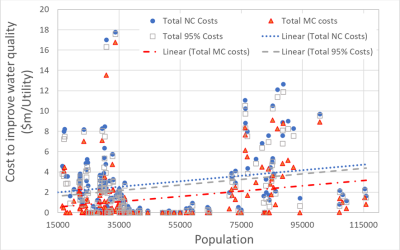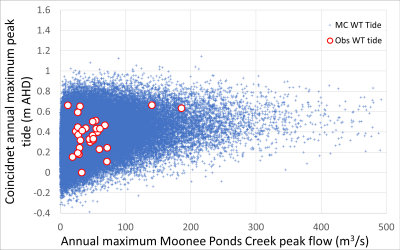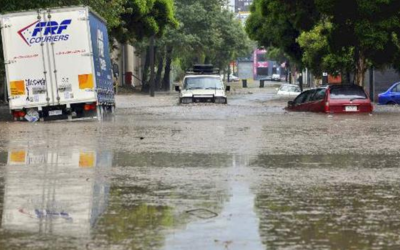As reported in the Age recently, I initiated and agreed with the Department to end the contract for Chief Scientist at the Office of Living Victoria as at 24 November 2014.
The documented role of the Chief Scientist at Office of Living Victoria was to provide advice and analysis that was independent of the interests of single agencies and authorities to provide new opportunities for all Victorians.
It has been an honour to serve the people of Victoria. I am grateful for the opportunity.
I also wish to extend my congratulations to the Andrews Labor government on their recent election to govern the State of Victoria.
Cities are different everywhere: Expected population in 2050
It is important for me to acknowledge the courage of many people in fostering legacy changes in water cycle management for all Victorians into the future. Improvements in water cycle management for all Victorians are evident in many domains, including the great innovations and projects throughout the sector, increased national debate about better water cycle management throughout the Australian industry and international interest in the key principles underpinning the Living Victoria policy. Indeed the Department informed me that there is now a substantial appetite for innovation throughout the Victorian water sector.
Cities are different everywhere: Spatial distribution of household income
It was an extremely busy, challenging and productive role. In particular, I wish to highlight some of the many achievements as follows:
- Review of the Water Supply Demand Strategies and Water Plans of the Victorian water sector
- Development of Key Principles for Integrated Systems Frameworks for analysis of water and planning policies
- Development of the first draft Melbourne Integrated Water Cycle Management Strategy for ministerial comment
- Systems analysis, inputs and guidance on the successful delivery of the Melbourne’s Water Future strategy
- Systems Analysis and workshops for the Casey Clyde precinct structure planning process
- Leadership of the Living Ballarat Strategy Development Group
- Systems analysis of the water and economic cycles in the Living Ballarat region
- Systems analysis, inputs and guidance on the successful delivery of the Ballarat’s Water Future strategy
- Provision of more than 200 briefing notes of science based water policy.
- In addition, the broader water industry has produced a number of exceptional and exciting “Whole of Water Cycle” projects over the last few year as evidenced by various national awards of excellence – such as by Stormwater Australia.
- Transformation of the Systems Framework into key principles, guidance and analysis modules that are or will be commonly available. This was an unexpected and massive requirement of the Chief Scientist’s activity. The Systems Framework developed over the last decade was built on and expanded the original systems approach (by Prof Jay Forestor of MIT) used in Limits to Growth analysis. The Systems Framework is completely different (and far more complex) to proprietary water network software.
Cities are different everywhere: Expected Greenhouse Gas Emissions from BAU water cycle management (circa 2050)
Thank you to everyone who worked on these projects and my apologies for not being as available for meetings or discussions as I wanted. I am humbled by the amazing people that contributed to these processes in a challenging environment.
I am looking forward to long overdue conversations with colleagues and excited to now have time to visit the many great projects throughout Victoria.
I remain dedicated to developing policies and strategies for sustainable, liveable and affordable cities everywhere, including Melbourne and Victoria with a particular focus on the best outcomes for all Victorians. Indeed, my research efforts and practical contributions will continue. This has been the focus of my efforts for more than a decade.
We will continue to make research, discussion and applications available via our website www.urbanwatercyclesolutions.com – this initiative is dedicated to sharing knowledge with the entire community.
We are also pleased to announce that we are working on releasing a new Section “Systems Frameworks for Big Data” on our website that will provide fact sheets, guidance, publications, downloads of applications and updates on our research progress.


